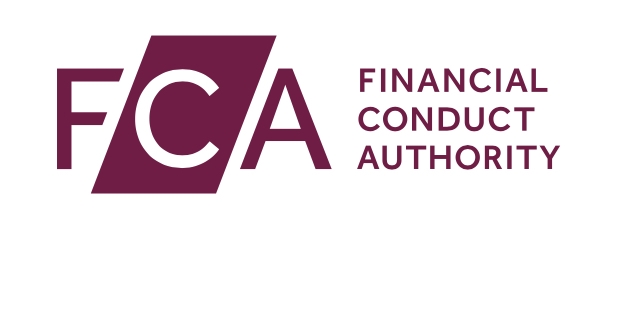The FCA has issued a public censure today on a senior Barclays Wealth executive but dropped a move to partially ban him from the sector following an appeal.
The Upper Tribunal found that Andrew Tinney, former chief operating officer of Barclays Wealth and Investment Management, breached his obligation as an approved person to act with integrity.
Following a contested hearing, the FCA today issued a public censure of Mr Tinney but decided to drop plans for a partial ban after the Upper Tribunal ruled against it.
In a statement from Mr Tinney after the judgement he said he believed the FCA had gone after "the wrong man" and accused Barclays Wealth of "scapegoating" him to cover up a toxic culture. He stressed the FCA ban threat had been dropped and he was able to return to financial services (see separate story on Financial Planning Today).
The FCA said that in 2012, Mr Tinney received a document which contained “critical findings” about the culture within Barclays Wealth’s US branch, Barclays Wealth Americas.
Following this the chairman of Barclays Bank plc (Barclays Wealth’s parent) received an anonymous email alleging that “a wealth cultural audit report” had been suppressed. Mr Tinney assisted in drafting a response to this allegation.
A regulatory hearing took place in January 2018 when the Upper Tribunal found that Mr Tinney was reckless in giving the impression that the document did not exist and had failed to meet the required standard of integrity.
The FCA also alleged that Mr Tinney made “false or misleading statements” to his colleagues in a response to the US Federal Reserve Bank of New York in November 2012 about the same document. The Upper Tribunal did not uphold this allegation.
The Upper Tribunal also found that, following these events, Mr Tinney made a misleading statement to his professional regulator (the Institute of Chartered Accountants in England and Wales) about his conduct. However, the Upper Tribunal did not uphold the separate allegation that Mr Tinney had misled the FCA.
Following a separate hearing on sanctions in March 2019, the Upper Tribunal determined that the appropriate sanction was for the FCA to publish a statement of Mr Tinney’s misconduct (a public censure) and did not uphold the FCA’s submission that a breach of the obligation to act with integrity by a senior manager merited a prohibition order in this case.
The FCA published a Final Notice on the matter today.
Mark Steward, executive director of enforcement and market oversight at the FCA, said: “Senior management must be held to high standards of integrity which is the fundamental cornerstone of good conduct in trusted markets. Mr Tinney failed to act with integrity in one telling instance which is enough to justify this censure.”
• Story updated 4.15 pm to add summary of Andrew Tinney's post-judgement statement. See separate full story on his response.

